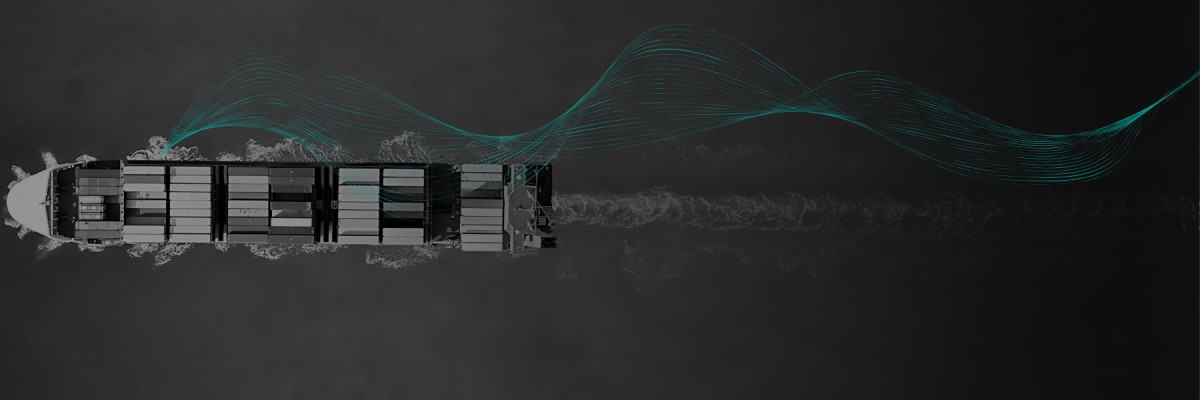Interview with Mike Yarwood, Managing Director Loss Prevention at TT Club
23/05/2024International freight transport and logistics insurer TT Club joined the Cargo Fire & Loss Innovation Initiative (CFLII) as an Anchor Partner in September of last year. Here, TT’s Managing Director Loss Prevention, Mike Yarwood explains the rationale behind the insurer’s decision to add its support to the initiative and how it hopes to engage with the group to progress much needed improvements in cargo safety.
“The Cargo Fire and Loss programme provides the perfect forum to encourage a breakdown of ‘silos’ between diverse industry sectors and share great ideas and solutions that may be applicable or adaptable to the maritime environment. This is an example of how our engagement with our fellow Anchor Partners in offering support, guidance, and importantly challenging the innovators, can take the pursuit of greater safety forward”.
Safetytech Accelerator (STA): TT Club joined the Cargo Fire & Loss Innovation Initiative (CFLII) as an Anchor Partner in September of last year. Can you explain the rationale behind this decision?
Mike Yarwood (MY): While acting as a global insurer throughout the freight supply chain, TT has developed a passion for innovation aimed at improving safety, security, and sustainability for the industry. We see innovation as key in achieving these goals and have consequently placed increased focus on this aspect over the last decade, making ‘Cargo Integrity’ and ‘Innovation in Safety’ bywords in our campaigns.
STA: Can you elaborate on TT’s Cargo Integrity campaign and its goals?
MY: TT’s Cargo Integrity campaign has long lobbied for improved certainty for classification, declaration, and packing of cargo in containers. Alongside that, we seek to increase awareness of fire dangers to encourage the innovative development of devices and processes that minimize the risks. The goals of CFLII are very much in sync with this mission. We see these as enhancing onboard cargo control, including whether cargo has been properly loaded, secured, and monitored during transit, with the aim of reducing onboard fires, increasing the ability to detect fires rapidly and preventing propagation, as well as addressing the challenges created by the increasing scale of ships.
STA: What is TT Club’s perspective on the sources of cargo-related fire incidents on container ships?
MY: It has long been recognised that many of the cargo-related fire issues on board container ships originate at an earlier stage in the supply chain – via errors in declaration, packaging, packing, and securing. This necessitates attention not just to the ocean leg but also landside. TT believes there is a crucial role in joining the dots between innovators with fantastic ideas, including the Club’s ability to provide insight on industry challenges from its unique claims data set within this multi-modal environment.
STA: How does the Cargo Fire and Loss programme contribute to your goals?
MY: As a result of this work, it has been fascinating to discover solutions introduced that already exist, but outside of the maritime and freight industry. The Cargo Fire and Loss programme provides the perfect forum to encourage a breakdown of ‘silos’ between diverse industry sectors and share great ideas and solutions that may be applicable or adaptable to the maritime environment. This is an example of how our engagement with our fellow Anchor Partners in offering support, guidance, and importantly challenging the innovators, can take the pursuit of greater safety forward.
STA: What role does CFLII play in connecting innovators with the industry?
MY: We see CFLII as an ideal conduit for joining the dots that we have been able to identify in terms of innovators with fire-suppressing (detecting or avoiding) innovations and those in the industry seeking a day-to-day solution. Such an independent source as the CFLII to impart knowledge in each direction, educating both innovators and industry, is a vital link in developing the art of the possible.
STA: Why is collaboration essential in the global supply chain, and how does CFLII facilitate this?
MY: Collaboration by the myriad of parties involved in the vast global supply chain is, of course, essential if shared experience of incidents and risk mitigation techniques are to be brought to the benefit of all. The CFLII has a role to play in the clearer identification and articulation of the industry challenges. In order to deliver this information provided by cargo handlers and transporters to a wider sphere of technical innovators drawn from the spheres of IT, mechanical and chemical engineering, and personnel management, the CFLII offers what can be described as an integrated neural network of those striving for safety innovation.
STA: In conclusion, what is TT club’s perspective on the importance of innovation in terms of driving better safety and security practices?
MY: Seeking out innovation in our safety and security practices is a necessary driver to improve standards and performance throughout the industry in the future. TT’s core values of mutual assistance and collaboration to advance this cause are perfectly aligned with the initiatives, goals, and resources embodied in the CFLII and its Partners. TT is committed to supporting the group’s future efforts.
View our other insights here
Share this video

